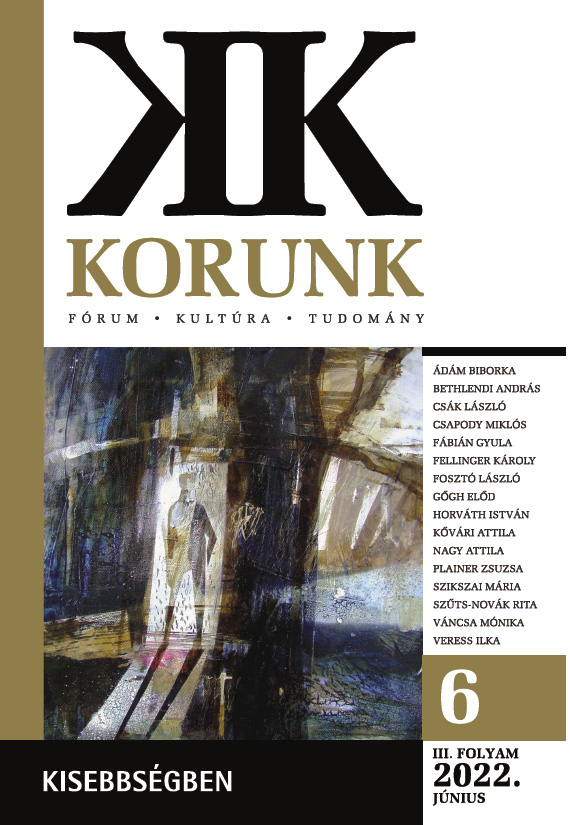A muzsika hangja című film neveléstörténeti és pedagógiai megközelítése
The Educational History and Pedagogy Approach of The Sound of Music
Author(s): Előd Gőgh, Attila KőváriSubject(s): History of Education, State/Government and Education, Pedagogy
Published by: Korunk Baráti Társaság
Keywords: didactics; educational styles; democratic education; authoritarian education; governess
Summary/Abstract: The Sound of Music is one of the most successful films ever made, as evidenced by its five Academy Awards. Almost everyone will know the story and at least one of the many famous tunes will spring to mind. The first half of the film is very similar to other “governess” stories, but unlike the others, the plot is based to a large extent on events that have taken place. The educational message of the film is obvious to almost everyone in many respects, but it is worth examining the educational methods associated with the initially very different psychologies of the two main characters. The characters’ approaches to child-rearing, both instinctive and psychological, contain non-trivial details and connections which, when approached from a scientific theoretical background, can make the film even more interesting on repeated viewings. Just as fascinating is the confrontation and friction between different didactical approaches and the analysis of the ways in which the parties deal with the debate. As the film is set in 1938, the significant changes in education since then make it possible to place and examine the film’s subject in the context of educational history. As educators in the 21st century, we wonder whether a “drill” based purely on discipline and military rigour can work in educating children, when modern didactic principles are moving towards cooperative learning and education itself is becoming less and less important in pedagogical work. But can permissive, playful learning work in all contexts? Is it possible that there are useful elements in all of the approaches and that somewhere between the two extremes there may be a universal method of education? It is conceivable, but the character and personality traits of the teacher are likely to remain largely determinants of traditional (non-digital) education for a long time to come.
Journal: Korunk
- Issue Year: 2022
- Issue No: 06
- Page Range: 107-119
- Page Count: 13
- Language: Hungarian

